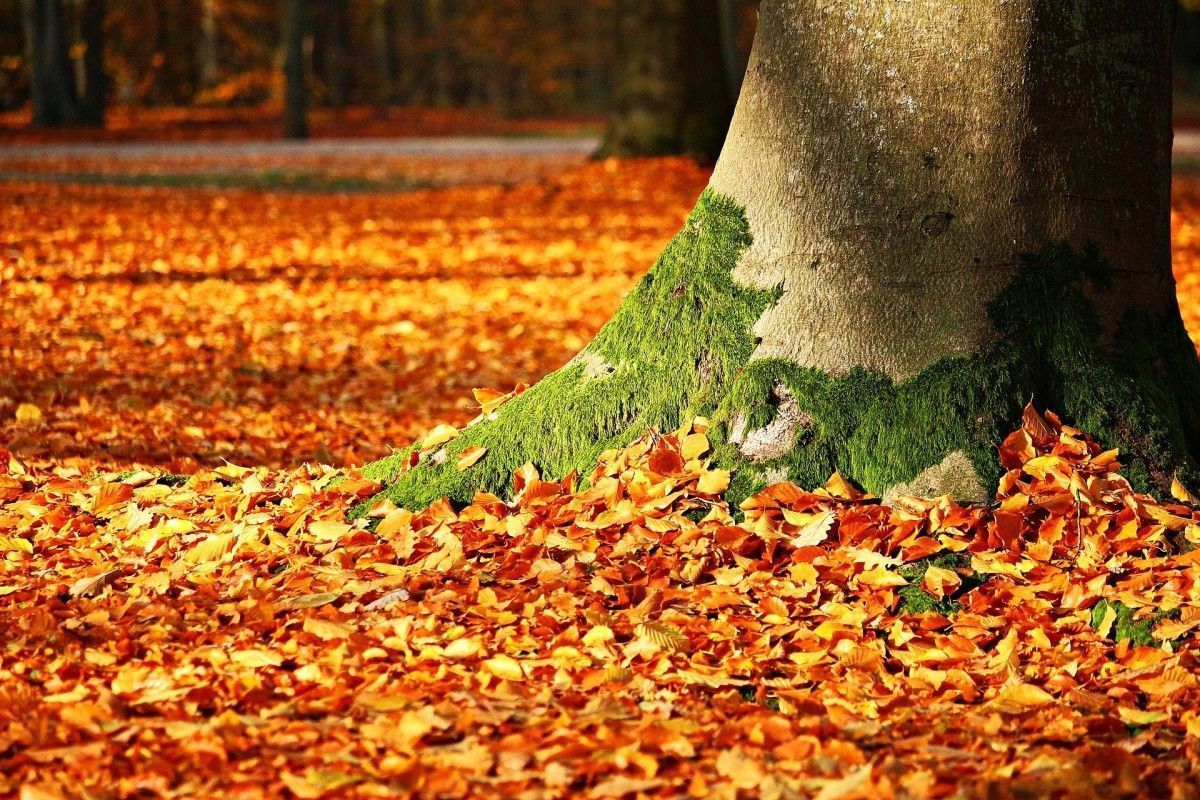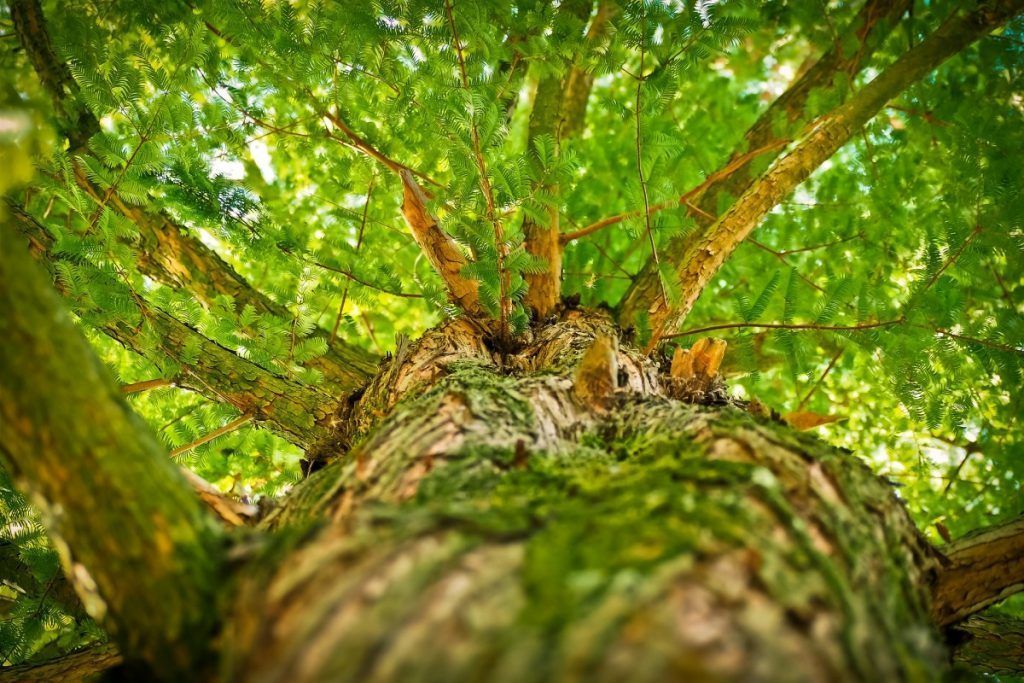Forest baths, the forest therapy coming from Japan

We believe we know everything about nature, but every day new discoveries surprise us. Japanese have been exploring the benefits of forest baths for years, and recently this famous practice has spread to the West.
What are Forest Baths?
Shinrin-Yoku, is a Japanese concept that translated literally means “forest bath”. It refers to silent walks through old forests, usually accompanied by breathing and relaxation exercises.
Also known as forest therapy, it is a therapy that aims at improving the health, well-being and happiness of those who practice it. It is inspired by ancestral Buddhist practices and by Shintoism, a religion native to Japan that venerates the spirits of nature. The Shinrin-Yoku concept began to be used in the 1980s. The Japanese Forest Agency promoted the walks through its forests as a way to combat work stress. It is currently part of a Japanese national health program.
Forest is not an inert ensemble, it is alive. Older trees secrete essential oils. These, when inhaled by humans, activate particles of the parasympathetic system allowing the body to relax and to stop being alert. Moreover, it also activates the immune system, which can help fight certain viruses and tumors.
How to practice Forest Baths?
The Nature and Forest Therapy Association of the United States indicates that there are some guidelines to follow to benefit from Forest Baths:
- Connect with nature: to fully benefit from it, it is needed to be conscious of where we stand and to open all our senses to nature.
- There is no rush: focus should be on the connexion with the forest and not on the physical exercise. For this reason, walks of more or less a mile with a duration of two to four hours are recommended.
- Once is not enough: forest baths require constancy in order to develop a relationship with nature.
- It is not only about taking walks: although walking is one of the exercises to perform, there are also other routines to follow, such as sitting or establishing a connection with the living beings of the forest.
- Pay attention: we must let nature transmit its full potential, as well as pay attention to all the messages it gives us.
- Let yourself be guided: like every sports or practices, forest baths also have to be guided by an experimented person.
What are the benefits?
Studies have analysed the benefits, both physical and psychological, of practicing forest baths. Among them :
- Improves mood: it has been found that people who walk at least 40 minutes through a forest experience improvement in their mood and feel healthier.
- Goodbye to stress: it has been observed that there is a marked decrease in the stress hormone (cortisol), responsible for multiple pathologies, including: headaches, high blood pressure, heart problems, asthma, arthritis … A too high rate of cortisol is a source of anxiety, depression, heart disease …
- Strengthens the immune system: with stress, the immune system is affected, so the reduction of cortisol is directly beneficial.
- Improves short-term memory by 20%: The University of Michigan published a study in which it concludes that walking can have a restorative effect on our memory and our ability to concentrate.
- Other benefits: forest baths also increase creativity, improve rest, help conserve energy, reduce heart rate and help increase bowel activity.
The minimum recommended frequency for “bathing in the forest” is one day a week, but sometimes it becomes difficult to dedicate this time. For this reason, we can apply this therapy at home by increasing the number of plants. Enjoying nature with gardening or bonsai can connect us to nature, paying attention to what we touch and observe, thus calming and relaxing. Another option available is to visit the park(s) of our city, opening all our senses.
You may also be interested in…
About the Author
Mistral Bonsai
In Mistral Bonsai we are a communication team, technicians and masters committed from the first day to disseminating the wonderful art of bonsai. A world that offers many things to share. We believe that a bonsai is a tree with a soul, unique and unrepeatable. Another of our most essential pillars is, how could it be otherwise, our close commitment to the preservation of the environment and nature.
Categories
Bonsai cultivation and care (54)
Bonsai gift (2)
Bonsai pests and diseases (6)
Bonsai repotting (3)
bonsai substrates (2)
bonsai tools (1)
Bonsai work (10)
Ceramic pots (3)
Chinese culture (1)
Chinese culture (2)
Corporative Mistral Bonsai (8)
Cuidados del bonsái (22)
Cultivo del bonsái (20)
Dead wood (2)


